Dorota Danielewicz. Culture manager, Slavicist, author and journalist

Alma Mater and the maelstrom of multiculturalism
In 1986, Dorota Danielewicz enrolled at the Freie Universität in Berlin to study Slavic studies, literature and linguistics as well as anthropology and ethnology. She participated in introductory seminars; in ethnology, she studied the findings of Bronisław Malinowski. During this time, Dorota led a thoroughly independent student life. She rented a flat and lived on child benefit and money she earned cleaning a boutique on Kurfürstendamm in the evenings and from working as a maths tutor. She had moved out of the parental home before finishing school and ended up in a left-wing commune typical of Berlin. Life presented challenges and Dorota tackled them with intuition and courage.
New York
In 1988, she went to New York with a friend. A planned stay of several weeks in the vibrant metropolis would ultimately last six months. Dorota worked part-time in a kosher restaurant on Broadway and attended a course for tour guides at the UN headquarters. Soon afterwards, she took up her eagerly awaited position at the UN in the Department of Public Information, accompanying groups of visitors from Germany and Poland. She had daily briefings during which she was also trained in political issues. She still remembers many events, such as the mass with the charismatic Desmond Tutu, who came to visit from South Africa, or excerpts from the musical “Hair”, which were performed in the main hall of the UN. At the time, Dorota lived with two women of the same age in a stylish house on Upper Broadway in the Upper West Side.
At a vernissage at the Museum of Modern Art, she met a freelance American journalist who apparently already saw her as a future professional colleague. He regularly kept her posted about interesting happenings and took her along to events such as film premieres, including the premiere of the comedy “Big” with Tom Hanks.
Among her new friends in New York was a young bookseller, Cliff Simms, with whom she practised German. In return, Dorota was allowed to pick out books and she eagerly took advantage of this opportunity. Years later, it transpired that her conversation partner had married Dorothea von Moltke, the granddaughter of Freya and Helmuth von Moltke. She found out about this from a pastor friend and neighbour on Markusplatz in Berlin, who was involved in the “Kreisau” Foundation (Fundacja “Krzyżowa”). The paths of Dorota and her old and new friends would cross again and show that there are no coincidences in life. Rather, Dorota has spent a lifetime systematically curating her network. New York was already becoming an expensive city in the 1980s and university education in the USA was also particularly costly. Dorota realised that she would have to make an extraordinary effort to continue her studies there. Ultimately, she returned to the university in Berlin after a year.
Berlin and Munich
Back in Berlin, Dorota Danielewicz threw herself into university and cultural life with full enthusiasm. Her New York experience made it even easier for her to forge new contacts and she especially enjoyed literary events. In 1989, she supported the Jewish Culture Days in Berlin. She travelled to Israel together with the curators for organisational purposes, and her knowledge of Polish proved to be very helpful.
In the meantime, her acquaintance with the young German writer, playwright and director Werner Fritsch developed into a relationship. They had first met in 1985, when Dorota travelled to Prague with her friends and sister shortly after graduating from high school. As chance would have it, the paths of these two people from Germany would cross several times during their visit, first in museums and then in a café. They got to know each other better and in 1990, the nature of their relationship changed and Dorota moved to Munich, where she lived with her boyfriend in the district of Schwabing. During this time, Werner Fritsch published his first novel “Cherubim” with “Suhrkamp Verlag”. He immortalised Dorota on several pages of the book. In Munich, she was fascinated by the university and the outstanding professors. She funded her studies by working in a bookshop, was drawn to Munich’s cultural life and confronted with the Bavarian capital’s bourgeoisie. This city was very different from Berlin or mesmerising New York. “The people in Munich were friendlier than the people in Berlin. The city was extremely affluent, in stark contrast to Berlin’s alternative culture. This materialistic attitude didn’t suit my free spirit”, she says. After a year, Dorota returned to Berlin in 1991.
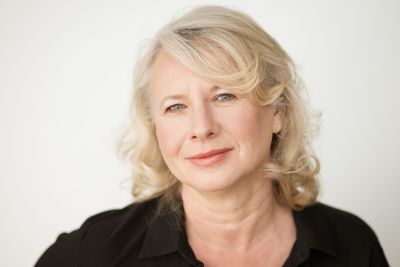
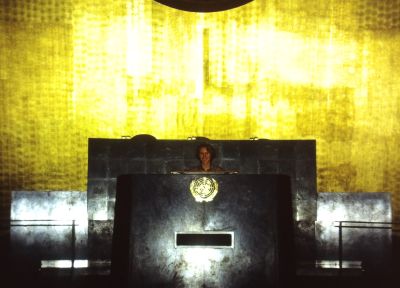
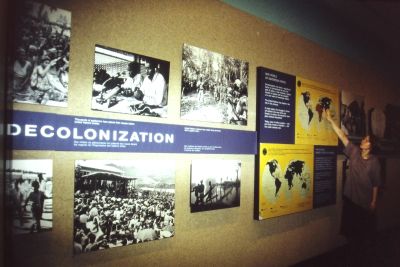
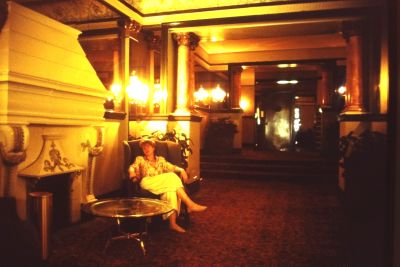
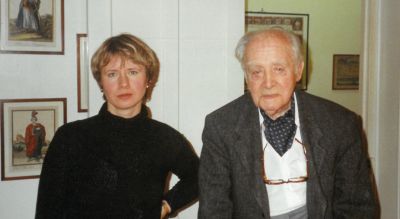
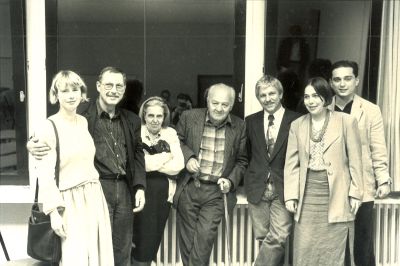

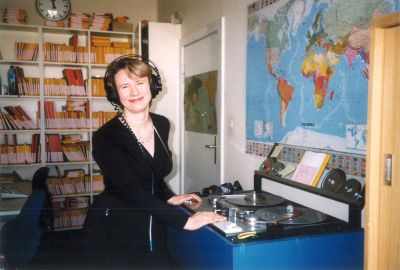
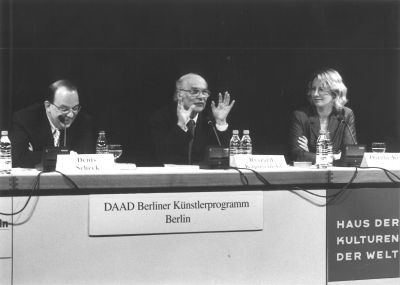
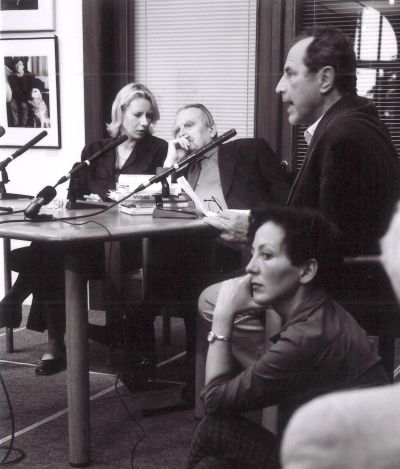
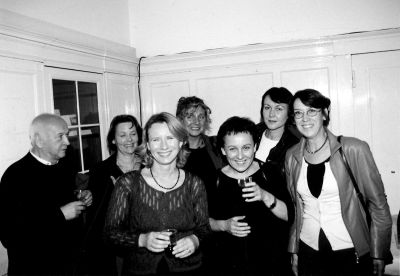
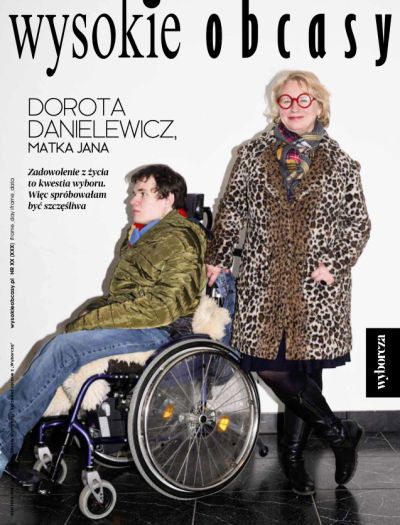
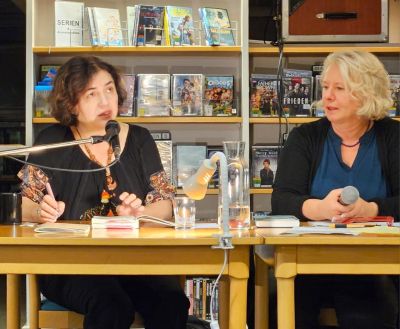

![Redakteur:innen von „COSMO [Radio] po polsku“. Von links: Tomasz Kycia, Adam Gusowski, Maciej Wiśniewski, Monika Sędzierska Redakteur:innen von „COSMO [Radio] po polsku“. Von links: Tomasz Kycia, Adam Gusowski, Maciej Wiśniewski, Monika Sędzierska](/sites/default/files/styles/width_100_tiles/public/00%20Redaktorzy%20prowadza%CC%A8cy%20audycje%20COSMO%20Radio%20po%20polsku.%20Od%20lewej%20Tomasz%20Kycia%2C%20Adam%20Gusowski%2C%20Maciej%20Wis%CC%81niewski%2C%20Monika%20Se%CC%A8dzierska.%20RBB%20Berlin%2C%202019.%20Copyright%20RBB.jpeg?itok=luTJDjgi)
